50 rare star tortoises that were seized from wildlife traders and being cared for by a Singapore based conservation organisation, are all set to return back into the wild. The organisation ACRE is planning to transport these tortoises back to their native country India next month.
Read More: Over 1000 Tortoises Rescued In Bangalore From Smugglers
Indian Star Tortoises are found in three broadly disjoint areas of geographic occurrence: northwestern India (Gujarat, Rajasthan) and adjoining Pakistan; eastern and southern areas from Tamil Nadu, Andhra Pradesh and eastern Karnataka to Odisha (Orissa); and throughout Sri Lanka. Categorised as ‘Vulnerable’ in the red list of endangered species of the International Union for Conservation of Nature (IUCN), the species are also listed in the Schedule IV of the Wild Life (Protection) Act, 1972 and prohibited from export under the Foreign Trade Policy. The species are liable for confiscation under the Customs Act, 1962.
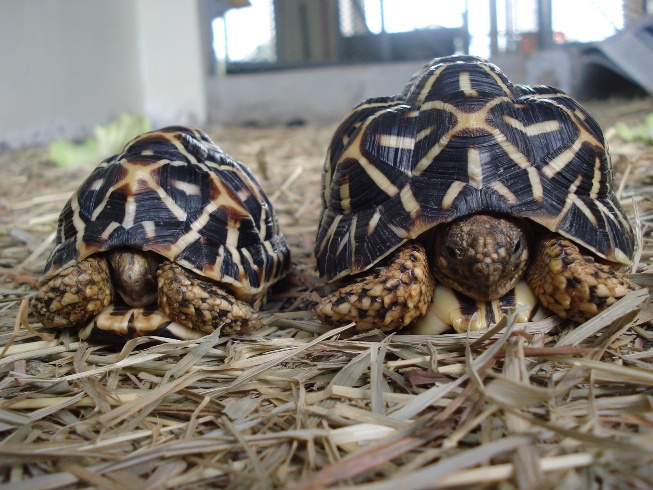
Most Wanted
Despite this, the Indian star tortoise is one of the most traded tortoises in the world. According to numbers from the Wildlife Protection Society of India, while almost 8,000 star tortoises were rescued between 1990 and 1999, the number shot up to 36,000 between 2000 and 2013. Researchers in 2015 reported the illegal collection of at least 55,000 (mostly juvenile) tortoises from just one location (comprising 16 villages) from the state of Andhra Pradesh in India over a period of one year. This figure is three to six times larger than the 10,000–20,000 individuals previously estimated to be poached throughout the entire range of this species each year. The tortoises are a major attraction as pets because of their star shaped back and as they are considered spiritual healers and sacred.
Read More: Passer By Saves Star Tortoise
Flight Back Home
The present tortoises that have been rescued in Singapore will take a 4 and a half hours flight to Bangalore, where they will be quarantined for a month before releasing them into the wild.
“They have been poached from the wild and smuggled in to meet the demands of the pet trade; many of them actually die. These are more or less the lucky ones who survived this ordeal and I think they truly deserve a second chance to be back in the wild,” said deputy chief executive Anbarasi Boopal to Channel News Asia.
She adds that returning them to their native country and habitat is far better than keeping them in Singapore as the humid conditions are not best suited for the tortoises. Caregivers at present have to use heat lamps to keep the conditions ideal for the tortoise.
This project is one of the biggest that Singapore has planned till date.
“It requires a lot of communication between different countries and different governments. So quite often, rescue centres, zoos, agencies and NGOs that are involved in repatriation need to sit down and discuss how the programme is going to transpire, and the successes around it,” said Dr Jessica Lee to Channel News Asia, who is senior manager for conservation, research and veterinary services at Wildlife Reserves Singapore (WRS).
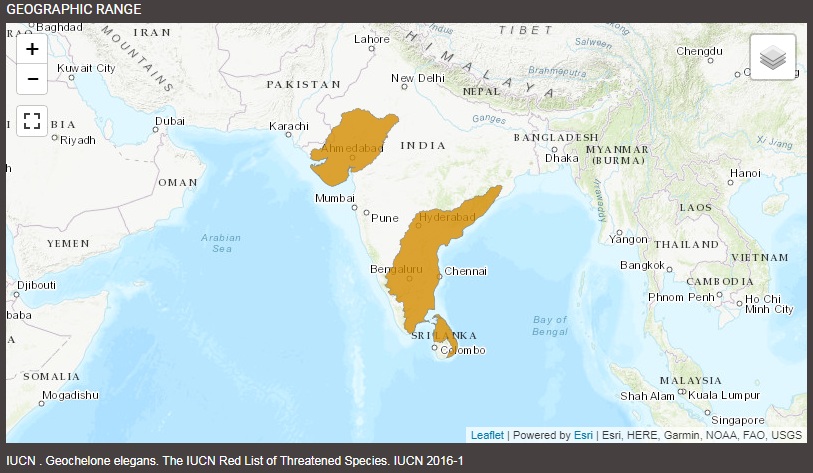
The big challenge in the process of returning animals to their original habitat is also finance. For the transportation and care of the 50 tortoises, the organisation will need at least 60,000 Singapore Dollars, which it is still trying to raise through donations.
Hopefully, the efforts will see a happy ending when the tortoises touch the Indian shores again and come back to a life of freedom in the wilderness.


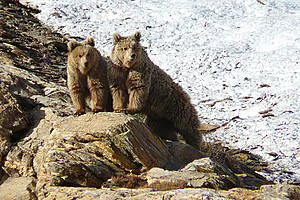
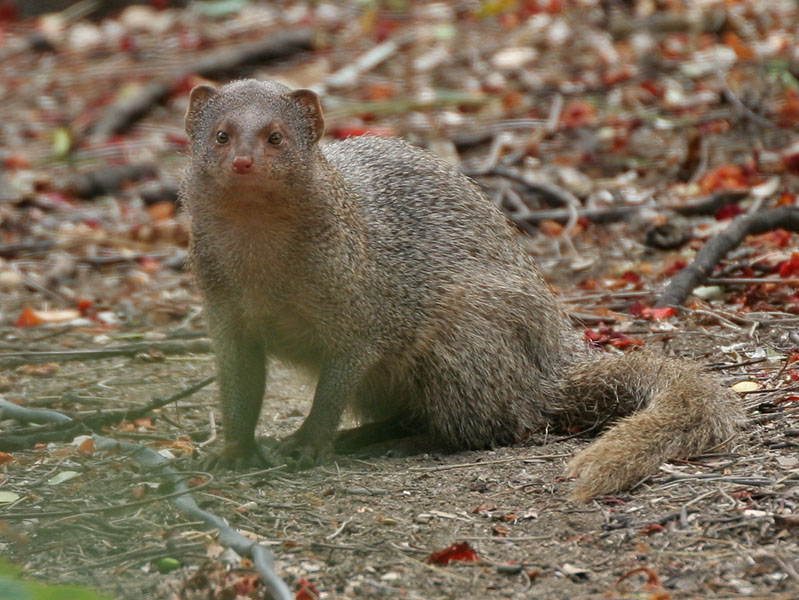
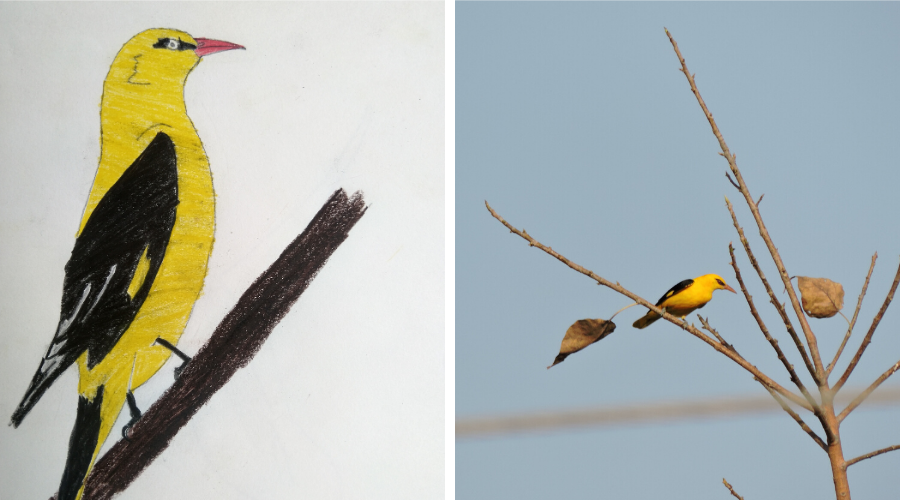
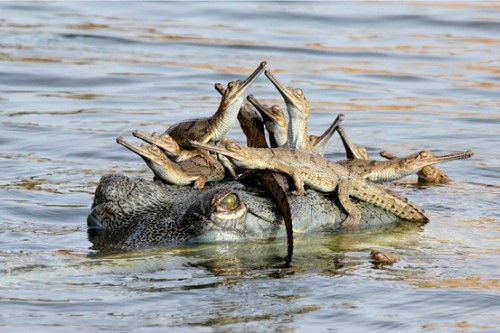
One thought on “50 Smuggled Star Tortoises To Return Back To India”